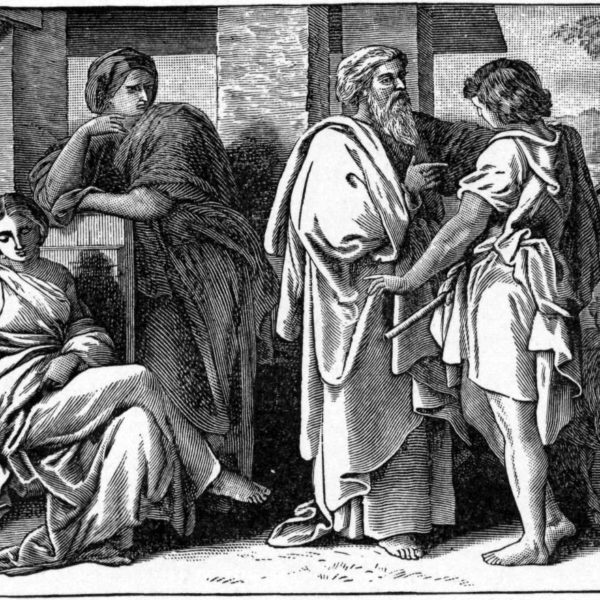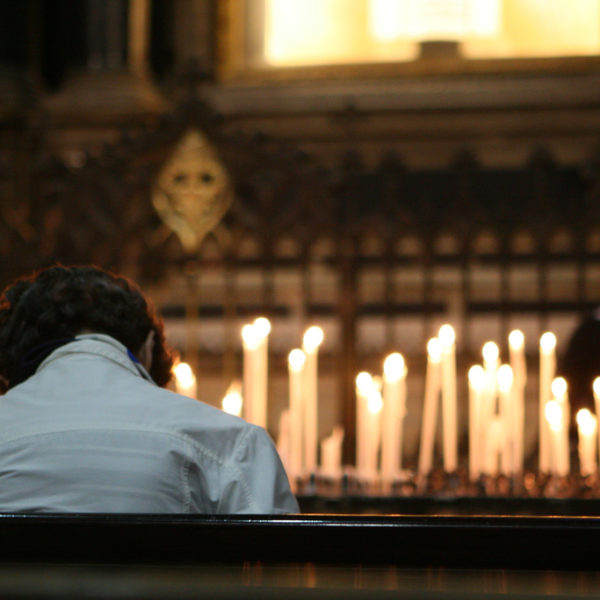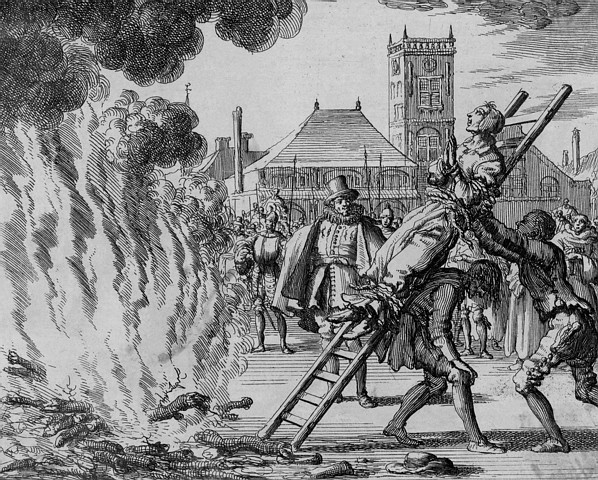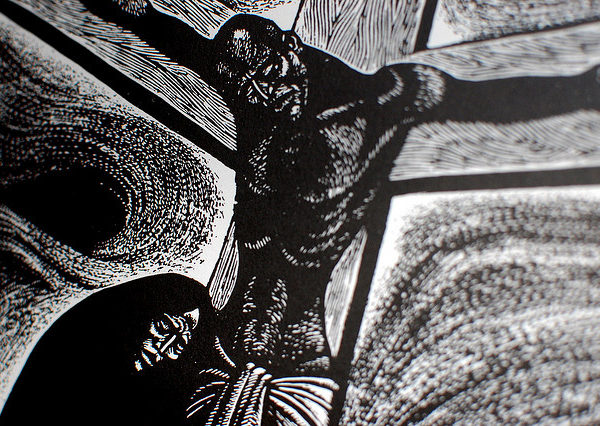
Religion is, of course, no stranger to politics in the United States, a fact that becomes all too clear in election season, as incumbents and their challengers hone their rhetoric to appeal to the theological sensibilities of their base. For better or worse, religion will no doubt continue to play a role in the run-up to the midterm elections. But in the wake of the Supreme’s Court’s decision in Burwell v. Hobby Lobby . . . we can, I think, expect to hear a lot about religious freedom.

The Old Testament account of Jacob’s sojourn with Laban can expose some contemporary Christian blindspots, not least in assumptions concerning the ‘biblical’ meaning of marriage. However, we must also reckon with the limitations of the text’s own perspective, giving voice to the silent female characters within it.

Meeting of the Political Theology Group to be held with the Pacific Division of the American Philosophical Association, April 1- April 5, 2015, at The Westin Bayshore, Vancouver.

I thank both Timothy Simpson for taking the time to respond to my post and the current editors of Political Theology Today for allowing me to respond. It is an uncomfortable issue for people on all sides of the debate. I can only imagine the frustration wrought by “having been the target of barbs by both Christian and Jewish Zionists.” If my tone is irenic, I can only be glad; I do not desire to be the cause of frustration (even at those moments when I feel frustration). If Rev. Simpson views my tone as irenic, I find the content of his response to be ironic.

The “postmodern condition,” as Jean-François Lyotard designated it in 1979, is an “incredulity toward metanarratives.” That definition has been recited interminably by those grasping for a familiar sound-byte to encapsulate the significance of postmodernity. In the last few decades it has acquired overtones of a playful cultural experimentalism that has somehow outgrown the need for authoritative accounts of the meaning and purpose of human history.

I wish to thank Dr. Bernstein for his thoughtful and irenic response to “Zionism Unsettled” (hereafter, ZU). . . . ZU is indeed a hard-hitting document. It says things many people would rather not have discussed and calls out both Jewish and Christian Zionists for their contribution to the misery and suffering of the Palestinian people. Such a resource, which could be utilized at the congregational level, was sorely needed. The Israeli occupation began in 1967, when I was four years old. I’m now a grandfather, and yet it still continues.

In the sphere of political decision-making, ‘the grace of doing nothing’ is usually a losing proposition. However, the parable of the wheat and the weeds invites even the angriest reactionary to consider the complexity of wheat and weeds, good and bad, us and them, and the dangers involved in precipitous action.

Last month, speaking to a crowd in St. Peter’s Square, Pope Francis declared that “to torture persons is a mortal sin. A very grave sin.” Relating his comments to the United Nations’ International Day in Support of Victims of Torture, the pope condemned “every form of torture and invite[d] Christians to commit themselves to work together for its abolition and to support victims and their families.” These exhortations paint a very different picture than UN Committee Against Torture findings on the Vatican’s handling of sexual abuse within the church.

As I compose this, the gloves are being taken off on all sides, and in every direction, over the matter of the Presbyterian Church USA’s 310-303 approval of divesting from three companies (Caterpillar, Motorola Solutions, and Hewlett-Packard) whose business with Israel are seen to impact the Israeli occupation of Palestinian territories.

There’s a fable I often heard growing up, about a Mennonite man (or Amish or Brethren, depending on where the story is being told) who was asked whether he was a Christian. His response: “Ask my neighbors.” The story encapsulates a certain historicist impulse in the Anabaptist tradition: the commitments we claim matter less than the commitments we embody. I first learned to care about the history of my community for just that reason. We learn who we are by considering honestly how we have lived.

Federal elections in the world’s largest democracy have recently led to a significant change of leadership in India. There are two crucial domains of concern for anyone looking at the future of India after these elections: on the one hand, concerns about the rights and dignity of minority communities, which is saturated with an ideological component; on the other hand, the project of growth and development, which is the language Prime Minister Modi now speaks.
